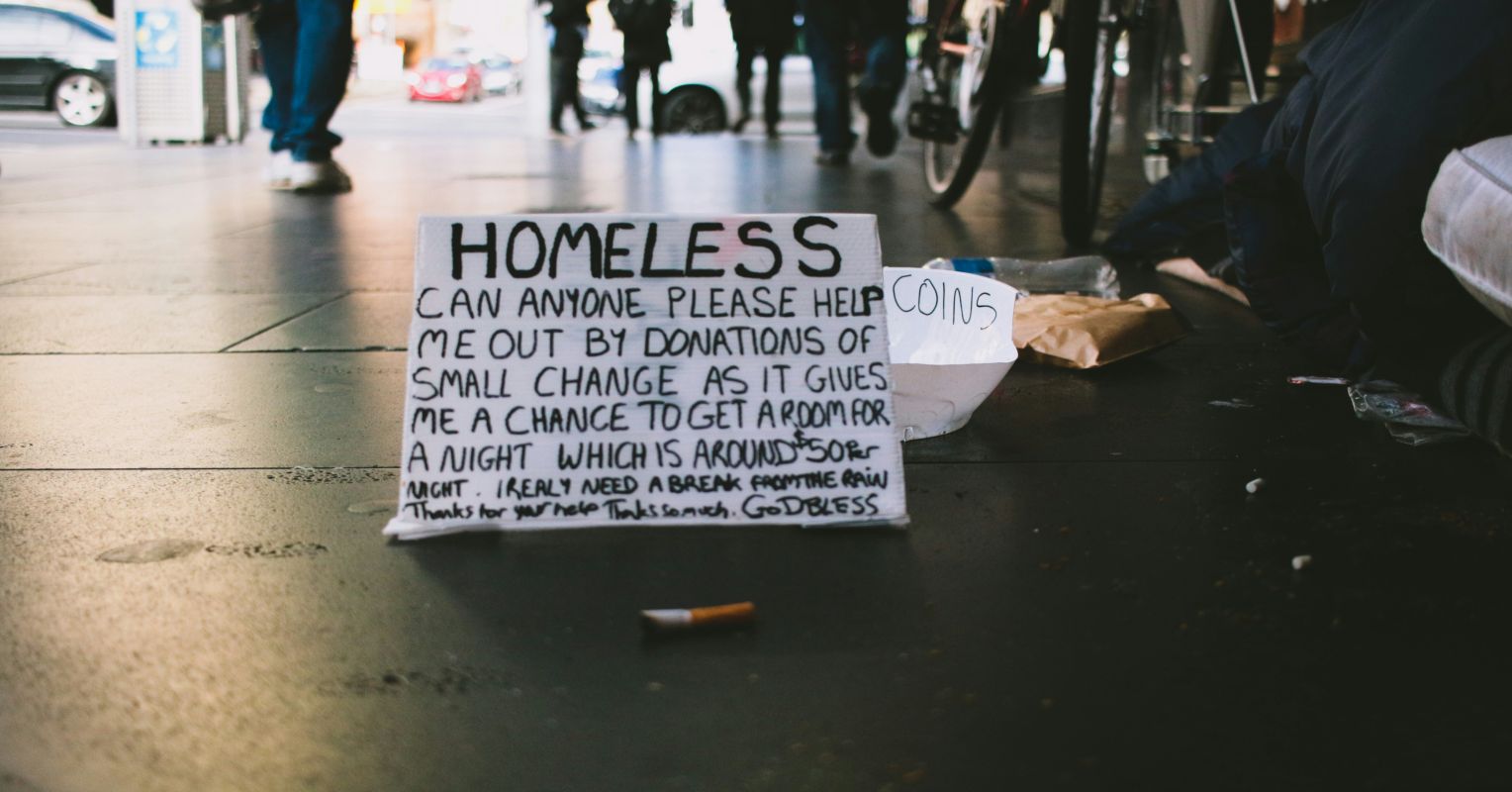
"By criminalizing homelessness, the Supreme Court has weaponized an already biased mental health system, pushing more homeless Black men into psychiatric emergency settings."
"To end homelessness, the mental health field must confront its own biases and advocate for equitable care to support marginalized populations."
The Supreme Court's ruling in City of Grants Pass v. Johnson criminalizes homelessness, worsening the already biased mental health system. This ruling disproportionately impacts homeless Black men, pushing them into psychiatric emergency settings that are not equipped to address their unique challenges. Their experience in these settings is compounded by racial and socioeconomic bias, resulting in inadequate care. To effectively tackle homelessness, the mental health field must acknowledge its biases and commit to advocating for equitable care that considers the unique challenges faced by marginalized populations.
Read at Psychology Today
Unable to calculate read time
Collection
[
|
...
]